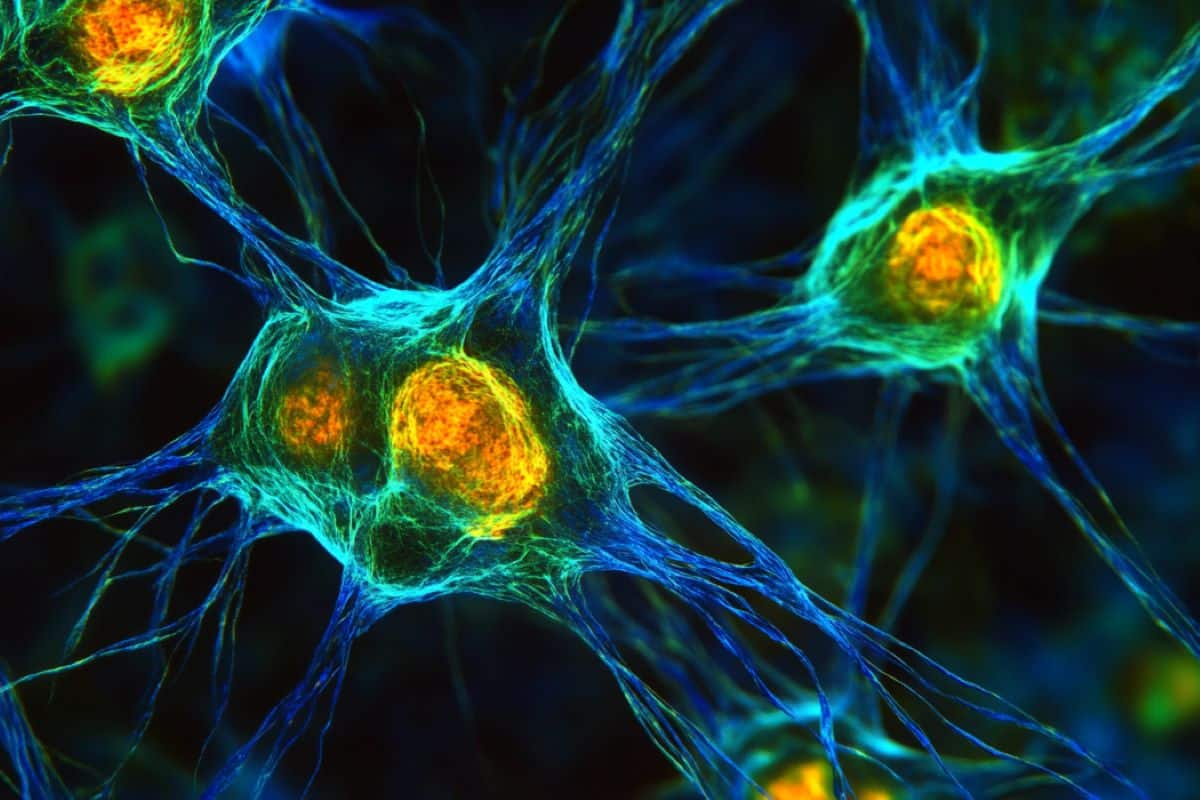Summary: Researchers have discovered that the enzyme ATP-citrate lyase (ACLY) plays a critical role in driving the inflammatory process linked to aging, known as the senescence-associated secretory phenotype (SASP). The study shows that blocking ACLY can reduce the expression of inflammation-related genes in aging cells, opening the door for potential therapies to combat age-related diseases like dementia and atherosclerosis.
By inhibiting ACLY, researchers were able to suppress chronic inflammation in aged mice, offering a promising new strategy for extending healthy lifespans. This breakthrough could lead to treatments that specifically target the damaging aspects of aging without eliminating aging cells.
Key Facts:
- ACLY enzyme drives inflammation in aging cells by activating inflammatory genes.
- Inhibiting ACLY reduced inflammation-related gene expression in aged mice.
- Targeting the ACLY-BRD4 pathway may promote healthy aging by controlling inflammation.
Source: Kumamoto University
A team at Kumamoto University has made a groundbreaking discovery in the field of aging and inflammation. Japan’s aging population is growing at an unprecedented rate, making it crucial to extend healthy lifespans rather than just lifespans.
The research focuses on “cellular senescence,” a process where cells stop dividing and enter a state associated with chronic inflammation and aging.

This cellular state, known as the senescence-associated secretory phenotype (SASP), involves the secretion of inflammatory proteins that accelerate aging and disease, such as dementia, diabetes, and atherosclerosis.
The researchers found that ATP-citrate lyase (ACLY), an enzyme involved in converting citrate to acetyl-CoA, plays a critical role in activating SASP. This discovery was made using advanced sequencing and bioinformatics analyses on human fibroblasts, a type of cell found throughout the body.
They demonstrated that blocking ACLY activity, either genetically or with inhibitors, significantly reduced the expression of inflammation-related genes in aging cells. This suggests that ACLY is a crucial factor in maintaining the pro-inflammatory environment in aged tissues.
Furthermore, the study revealed that ACLY-derived acetyl-CoA modifies histones, proteins that DNA wraps around, allowing the chromatin reader BRD4 to activate inflammatory genes.
By targeting the ACLY-BRD4 pathway, the researchers were able to suppress inflammation responses in aged mice, highlighting the potential of ACLY inhibitors in controlling chronic inflammation while maintaining healthy aging.
This discovery opens new avenues for developing treatments that specifically target the harmful aspects of aging cells without removing them, offering a promising strategy for managing aging and age-related diseases.
The research provides a stepping stone toward therapies that can control cellular aging, promoting longer, healthier lives.
About this inflammation and aging research news
Author: Nuo LI
Source: Kumamoto University
Contact: Nuo LI – Kumamoto University
Image: The image is credited to Neuroscience News
Original Research: Open access.
“Citrate metabolism controls the senescent microenvironment via the remodeling of pro-inflammatory enhancers” by Kan Etoh et al. Cell Reports
Abstract
Citrate metabolism controls the senescent microenvironment via the remodeling of pro-inflammatory enhancers
The senescent microenvironment and aged cells per se contribute to tissue remodeling, chronic inflammation, and age-associated dysfunction. However, the metabolic and epigenomic bases of the senescence-associated secretory phenotype (SASP) remain largely unknown.
Here, we show that ATP-citrate lyase (ACLY), a key enzyme in acetyl-coenzyme A (CoA) synthesis, is essential for the pro-inflammatory SASP, independent of persistent growth arrest in senescent cells.
Citrate-derived acetyl-CoA facilitates the action of SASP gene enhancers. ACLY-dependent de novo enhancers augment the recruitment of the chromatin reader BRD4, which causes SASP activation.
Consistently, specific inhibitions of the ACLY-BRD4 axis suppress the STAT1-mediated interferon response, creating the pro-inflammatory microenvironment in senescent cells and tissues.
Our results demonstrate that ACLY-dependent citrate metabolism represents a selective target for controlling SASP designed to promote healthy aging.







